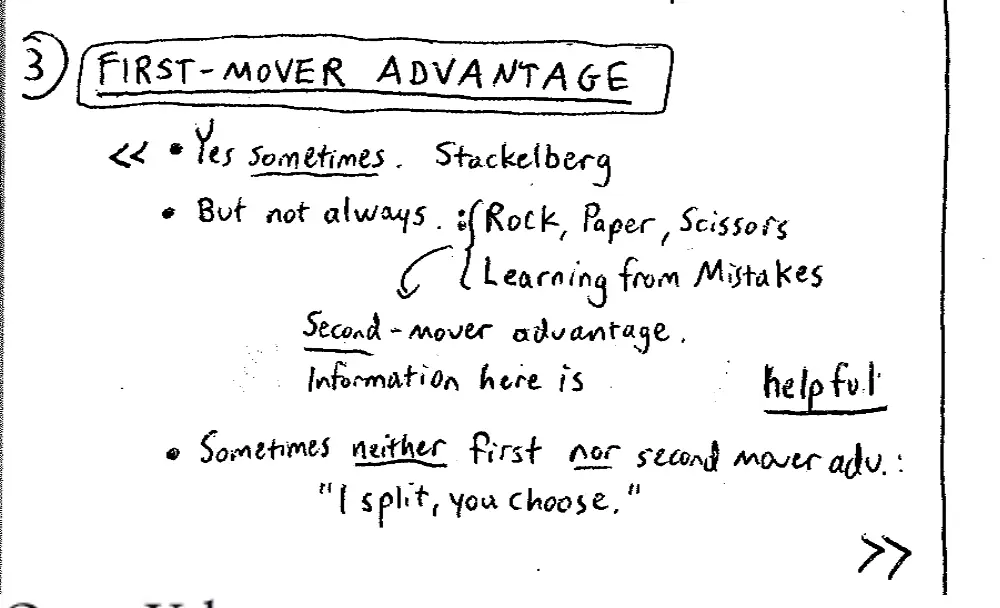Is a FHA Loan Good for First-Time Homebuyers? Understanding the Benefits and Drawbacks
#### What is an FHA Loan?An FHA loan, or Federal Housing Administration loan, is a type of mortgage that is designed to help low-to-moderate-income borrower……
#### What is an FHA Loan?
An FHA loan, or Federal Housing Administration loan, is a type of mortgage that is designed to help low-to-moderate-income borrowers qualify for a home loan. These loans are backed by the government, which reduces the risk for lenders and allows them to offer more favorable terms to borrowers.
#### Is a FHA Loan Good?
Now, the question arises: **Is a FHA loan good?** The answer largely depends on your financial situation, home buying goals, and long-term plans. FHA loans have several advantages, but they also come with some drawbacks that potential borrowers should consider.
#### Advantages of FHA Loans
1. **Lower Down Payment**: One of the most significant benefits of an FHA loan is the lower down payment requirement. Borrowers can put down as little as 3.5% of the home’s purchase price, making it an attractive option for first-time homebuyers who may struggle to save for a larger down payment.
2. **Flexible Credit Requirements**: FHA loans are known for their lenient credit score requirements. While traditional loans might require a credit score of 620 or higher, FHA loans may be available to borrowers with scores as low as 580. This flexibility makes it easier for individuals with less-than-perfect credit to secure financing.
3. **Competitive Interest Rates**: Because FHA loans are backed by the government, lenders often offer competitive interest rates. This can result in lower monthly payments, making homeownership more affordable for many families.
4. **Assumable Loans**: FHA loans can be assumable, meaning that if you decide to sell your home, the buyer can take over your loan under the same terms. This can be a selling point if interest rates have risen since you purchased your home.
#### Disadvantages of FHA Loans
1. **Mortgage Insurance Premiums (MIP)**: FHA loans require both an upfront mortgage insurance premium and monthly mortgage insurance payments. This can add a significant cost to your monthly mortgage payment, which is something potential borrowers should factor into their budget.
2. **Loan Limits**: FHA loans have limits on the amount you can borrow, which can vary by location. In high-cost areas, these limits may not be sufficient to purchase a home, limiting the options available to buyers.
3. **Property Standards**: Homes purchased with FHA loans must meet certain safety and livability standards. This can be a drawback for buyers interested in fixer-uppers or properties that may not meet FHA guidelines.
4. **Longer Closing Times**: The additional requirements and inspections associated with FHA loans can sometimes lead to longer closing times compared to conventional loans.

#### Conclusion: Is a FHA Loan Right for You?
In conclusion, **is a FHA loan good** for you? It can be an excellent option for first-time homebuyers or those with lower credit scores who may not qualify for conventional loans. However, it’s essential to weigh the advantages against the drawbacks, particularly the costs associated with mortgage insurance.
Before making a decision, it’s advisable to consult with a mortgage professional who can provide personalized advice based on your financial situation and homeownership goals. By understanding the ins and outs of FHA loans, you can make an informed choice that aligns with your needs.